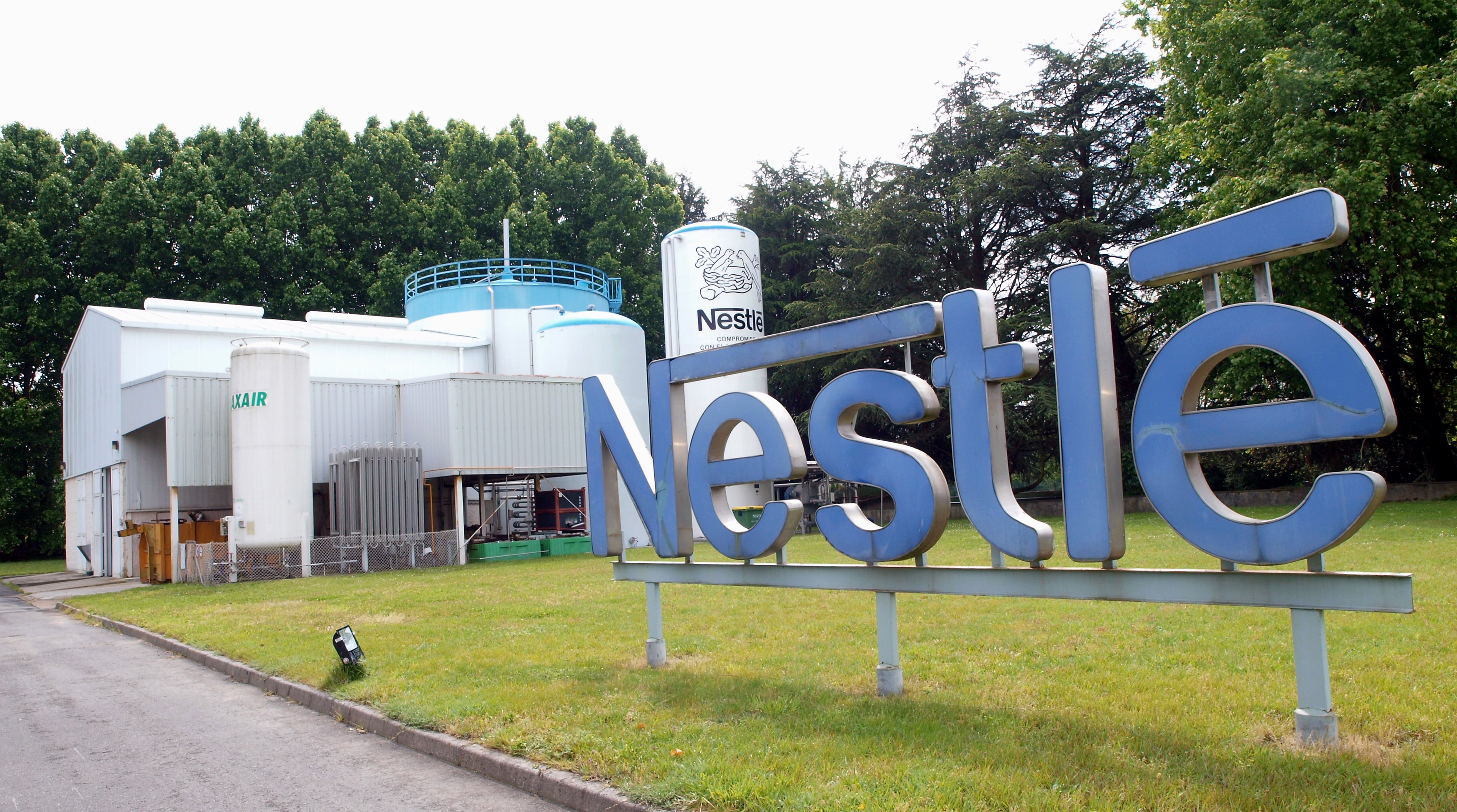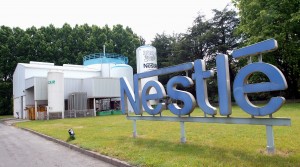The business of corporate freeloading

Cue a complex war on water with the interposition of both privatization and exploitation.

In 2010, the United Nations declared that there is a universal human right to adequate water for consumption. Unfortunately, this supposed human right cannot necessarily be enforced proportionately on an international scale and, as a result, nations have the responsibility to uphold this implication. Cue a complex war on water with the interposition of both privatization and exploitation.
Water is not a limitless resource and its consumption should be treated carefully. While water is a human necessity, it is also a privilege. Water is a commodity by the very nature of its value; it is a source that will continue to be marketed, sold and consumed.
National corporations and companies in Canada have it relatively easy: the Canadian Government has proven to be overly lenient when it comes to the exchange of water. In 2016, the Government of Canada is hoping to harness the commodification of water by regulating its consumption. Massive companies will be charged fees for their utilization of groundwater. This reform is unprecedented in British Columbia where the news of the impending regulated water techniques generated critique and triggered welcomed discourse. While people felt the regulation was necessary, the reality of water in 2016 will remain vastly reprehensible.
To illustrate a main concern, I will use Nestle, the largest producer of bottled water in Canada today, as a point of reference. The National Post’s Dan Fumano explained that Nestle will pay the Canadian government the rate of $2.25 per million litres. In fact, he says “Nestle will pay the government $596.25 a year for 265 million litres of water.” Confused? You pay about three dollars for a litre of bottled water, but starting January 2016, Nestlé will pay less than that for one million litres.
Not to mention the company profits from selling water. While pushing companies to pay seems to be a step in the right direction, this minimal fee is shameful and does not somehow provide a solution to the global water crisis.
The privatization of water removes the resource from the hands of the public and redirects ownership towards greedy corporations and governmental institutions that are not guaranteed to take every precaution necessary to establish a principled use of the resource.
Corporations tend to focus on the big picture and in doing so they overlook minor details. They are concerned about how to capitalize with speed and abundance, and local communities and regions are likely to be neglected in this process.
The CEO of Nestlé Canada, Shelley Martin, spearheads the notion that businesses are successful when the local aspect is tended to. The irony is palpable: the CEO of Nestlé praising local consideration while likely signing contracts to further the company’s exploitative approach to the sale of water, and preparing to purchase one million litres of water for the price of a cup of coffee.
Notably, Martin is a Wilfrid Laurier University alumna and its eighth CEO-in-residence. She graduated Laurier in 1985 and has managed to work her way up the corporate ladder. While Nestlé is an incredibly lucrative brand with various tailored brands for sale around the world, and surely the dream company for many BBA hopefuls at Laurier, the company’s privatization of water and weak future regulations reveals the degenerate side of the business.
If privatization is the logical next step, sustainability should be a uniting goal. Paying what I pay in a month’s rent for 265 million litres of water is unacceptable.


